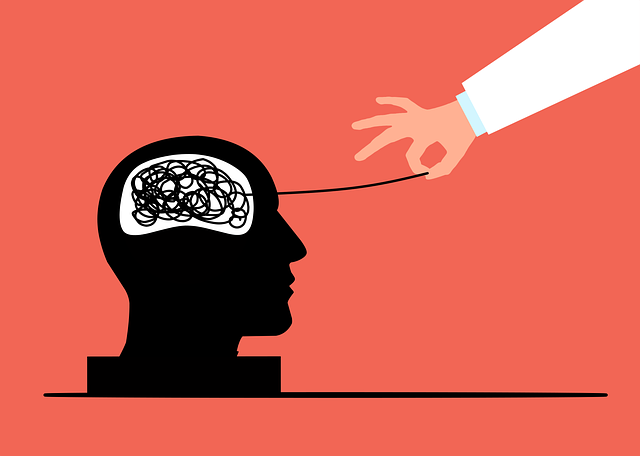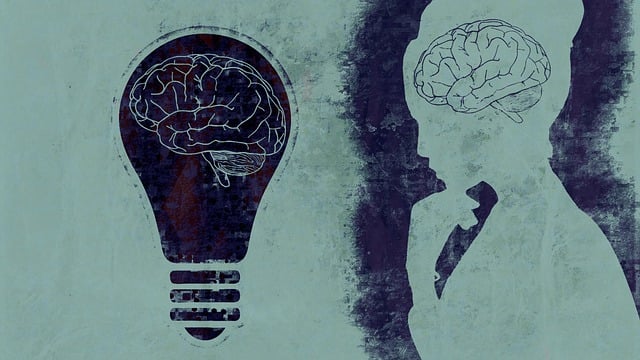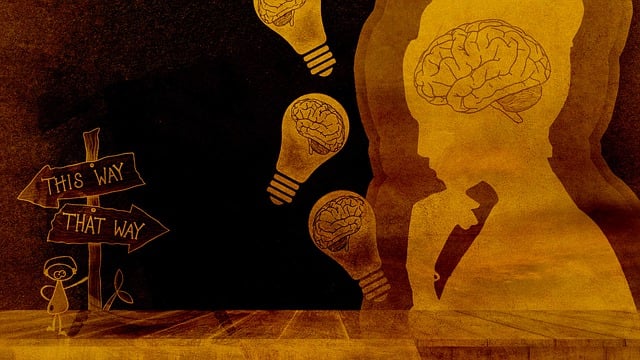Northglenn Neuro Disorders Therapy focuses on crisis intervention as a cornerstone of emotional well-being, providing evidence-based strategies to prevent mental health crises, especially for those at risk of depression or neurodisorders. Their personalized Mental Wellness Coaching and Education Programs empower clients with coping tools, enhance resilience, and offer immediate support through mindfulness techniques, safe spaces, and self-care routines. The practice prioritizes holistic care, ongoing prevention, and stigma reduction through tailored therapy sessions, professional risk management guidance, public awareness campaigns, and accessible podcast resources.
“In times of crisis, effective intervention can make a profound difference in the lives of individuals living with neuro disorders. This article explores essential strategies from the perspective of Northglenn Neuro Disorders Therapy, offering valuable insights for professionals and caregivers. We delve into understanding crisis intervention, assessing triggers, and implementing immediate relief techniques. Additionally, post-crisis care and prevention strategies are discussed to enhance long-term well-being. By embracing these practices, we aim to revolutionize support systems within the neuro disorder community.”
- Understanding Crisis Intervention: A Northglenn Neuro Disorders Therapy Perspective
- Assessing the Crisis: Identifying Triggers and Needs
- Interventions and Supportive Techniques for Immediate Relief
- Post-Crisis Care and Prevention Strategies for Neuro Disorder Patients
Understanding Crisis Intervention: A Northglenn Neuro Disorders Therapy Perspective

At Northglenn Neuro Disorders Therapy, we view crisis intervention as a critical component of fostering emotional well-being promotion techniques. Our approach integrates evidence-based practices tailored to address acute distress and prevent escalating mental health challenges. We believe that early intervention is key to mitigating the impact of traumatic events and promoting resilience, especially in individuals at risk for depression or other neurodisorders.
Through our Mental Wellness Coaching Programs Development, we offer personalized support aimed at empowering clients with coping strategies and enhancing their overall mental wellness. By focusing on proactive crisis prevention, our therapists help individuals navigate stressful situations constructively, thereby reducing the likelihood of severe depressive episodes or other adverse outcomes. This holistic perspective ensures that each client receives comprehensive care tailored to their unique needs.
Assessing the Crisis: Identifying Triggers and Needs

In the event of a crisis, the first step for any intervention strategy is a thorough assessment to identify both the triggers and the individual’s immediate needs. This process involves active listening and careful observation to understand the context and underlying factors contributing to the crisis. At Northglenn Neuro Disorders Therapy, we recognize that every person’s experience is unique; thus, our therapists are trained to assess beyond the apparent symptoms, delving into personal history, recent life events, and environmental influences.
By employing effective communication strategies, such as open-ended questions and empathetic statements, professionals can gather essential information. This assessment not only helps in recognizing specific needs but also enables the design of tailored Mental Health Education Programs that focus on building resilience and coping mechanisms. Through this holistic approach, Northglenn Neuro Disorders Therapy aims to provide crisis intervention guidance that addresses both the immediate concerns and long-term well-being of individuals.
Interventions and Supportive Techniques for Immediate Relief

In moments of crisis, providing immediate relief and support is paramount to preventing escalation. Northglenn Neuro Disorders Therapy offers a range of interventions tailored to address acute emotional distress. Techniques such as mindfulness meditation and deep breathing exercises can help individuals regain composure and reduce anxiety within minutes. These practices are simple yet powerful tools that enable people to cultivate present-moment awareness, disrupting negative thought patterns.
Additionally, crisis intervention often involves fostering open communication and active listening. Therapists at Northglenn Neuro Disorders Therapy create safe spaces for clients to express their feelings without judgment, promoting emotional healing processes. Encouraging self-care routine development for better mental health is another strategic approach. Self-awareness exercises, like journaling or guided visualization, can help individuals process their experiences and identify coping mechanisms that resonate with them personally.
Post-Crisis Care and Prevention Strategies for Neuro Disorder Patients

After an initial crisis intervention, providing ongoing care and prevention strategies is essential for individuals with neuro disorders. Northglenn Neuro Disorders Therapy focuses on a comprehensive approach, recognizing that recovery is a continuous process. This includes regular therapy sessions tailored to each patient’s unique needs, focusing on skills development and coping mechanisms to manage symptoms effectively.
Additionally, the implementation of risk management planning for mental health professionals is vital to ensure a safe environment for both patients and caregivers. Public awareness campaigns development can play a significant role in educating the community about neuro disorders, reducing stigma, and encouraging early intervention. Furthermore, producing a Mental Wellness Podcast Series can provide accessible resources, sharing valuable insights and personal stories that inspire hope and promote mental wellness.
In light of these strategies, Northglenn Neuro Disorders Therapy emphasizes the importance of understanding crisis intervention as a holistic process. By assessing triggers, implementing immediate relief techniques, and providing post-crisis care, we can effectively support individuals navigating neurodisorder-related challenges. Incorporating prevention strategies is vital to foster resilience and enhance long-term well-being. This guidance serves as a framework for compassionate crisis intervention, tailored to meet the unique needs of those within our community.














